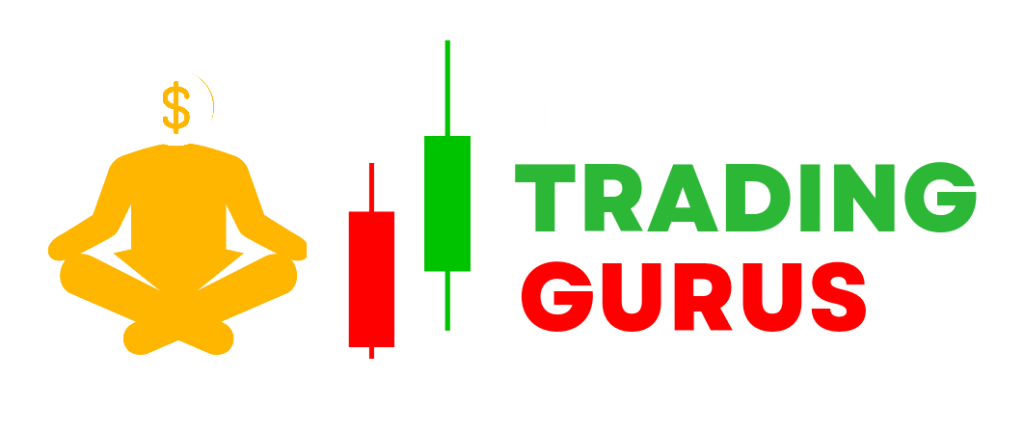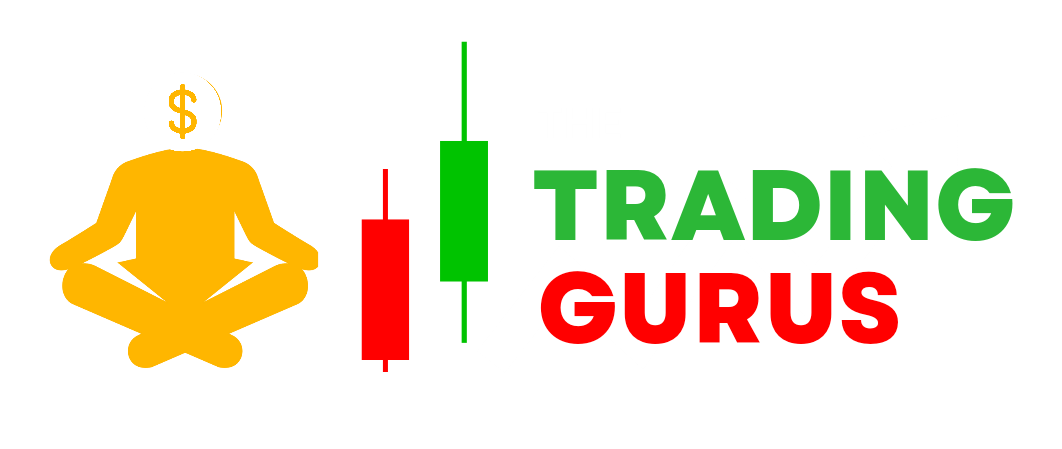Solving the Overtrading Problem in Forex

Introduction
Overtrading is a common pitfall in forex trading that can lead to poor decision-making, excessive risk-taking, and ultimately, financial losses. It occurs when traders engage in an excessive number of trades, often driven by emotions or the desire for quick profits. In this article, we will explore effective strategies to solve the overtrading problem and promote disciplined trading practices. By understanding the root causes of overtrading and implementing practical solutions, traders can regain control over their trading activities, improve their performance, and achieve long-term success in the forex market. Below are the ways in which we can use in solving the overtrading problem in forex.
Identify the Triggers help in Solving the Overtrading Problem in Forex
The first step in solving the overtrading problem is to identify the triggers that lead to excessive trading. Common triggers include fear of missing out (FOMO), emotional impulses, and a lack of patience. Take the time to reflect on your trading behavior and recognize the specific situations or emotions that drive you to overtrade. By identifying these triggers, you can become more aware of them and take steps to address them. Here is the first way in solving the Overtrading Problem in Forex.
Establish Clear Trading Goals is very important Solving the Overtrading Problem in Forex
Setting clear and realistic trading goals is essential for overcoming overtrading tendencies. Define your objectives, such as the desired return on investment, risk tolerance, and timeframe for achieving your goals. Having specific targets helps maintain focus and discipline, preventing impulsive trading decisions driven by short-term market fluctuations. Regularly review and reassess your goals to ensure they align with your evolving trading strategy.
Develop a Trading Plan is another way in Solving the Overtrading Problem in Forex
A well-defined trading plan acts as a roadmap and serves as a crucial tool for combating overtrading. Your trading plan should include predetermined entry and exit criteria, risk management strategies, and guidelines for trade execution. By following a structured plan, you can avoid impulsive trades and stick to a systematic approach based on your analysis and strategy. Remember to backtest your trading plan and make necessary adjustments based on historical data and market conditions. This is the most important of solving the overtrading problem in forex.
Implement Risk Management Strategies
Effective risk management is vital for curbing overtrading. Establish a risk-reward ratio for each trade and only take positions that offer a favorable risk-to-reward potential. Set stop-loss orders to limit potential losses and protect your capital. Additionally, consider allocating a specific percentage of your trading capital to each trade, avoiding the temptation to overcommit to individual positions. By implementing disciplined risk management techniques, you can mitigate the urge to overtrade and protect your account from excessive losses.
Practice Patience and Discipline
Patience and discipline are key virtues in forex trading. Avoid succumbing to impulsive trades driven by fear, greed, or the need for constant action. Wait for high-probability setups that align with your trading plan and demonstrate a clear edge in the market. Maintain a strict adherence to your predefined rules and avoid deviating from your strategy based on emotions or short-term market fluctuations. Embrace the understanding that quality trades are more important than the quantity of trades. This helps in solving the overtrading problem in forex.
Conclusion
Overtrading can have detrimental effects on a trader’s performance and overall profitability. By identifying triggers, setting clear goals, developing a trading plan, implementing risk management strategies, and practicing patience and discipline, traders can overcome the overtrading problem. Remember, consistency and a focus on quality trades are key to long-term success in the forex market.


